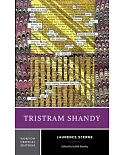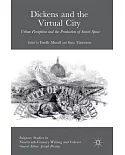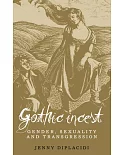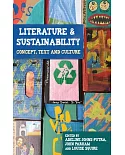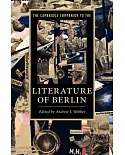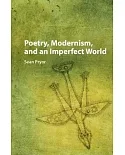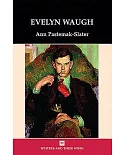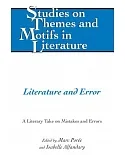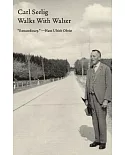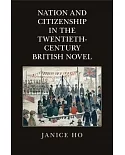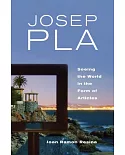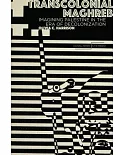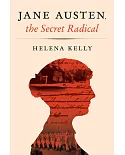The poet Stefan George (1868-1933) was one of the most important cultural figures in modern Germany. His poetry, in its originality and impact, has been ranked with that of Goethe, Holderlin,
or Rilke. Yet George's reach extended far beyond the sphere of literature. During his last three decades, he attracted a circle of disciples who subscribed to his homoerotic and aestheticist
vision of life and sought to transform it into reality. The works and thought of the circle profoundly affected the intellectual and cultural attitudes of Germany's educated middle class from
the beginning of the twentieth century, and are thus crucial to Germany's cultural and intellectual history. The transition from the aestheticist, cosmopolitan values the circle embraced in the
early 1900s to the more explicitly political and patriotic views many of its members espoused during the Weimar Republic both conditioned and reflected a momentous transformation in German
thought. The intersection of culture and politics in the George Circle has received little attention in English-language scholarship until now. This volume includes contributions from major
scholars in both English- and German-speaking countries. Its audience includes scholars and students of German languages and literature, German history, and reception of the classics, among
other fields. Contributors: Adam Bisno, Richard Faber, Rudiger Gorner, Peter Hoffmann, Thomas Karlauf, Melissa S. Lane, Robert E. Lerner, David Midgley, Robert E. Norton, Ray Ockenden, Ute
Oelmann, Martin A. Ruehl, Bertram Schefold. Melissa S. Lane is Professor of Politics at Princeton University. Martin A. Ruehl is University Lecturer in German at Trinity Hall, Cambridge.





